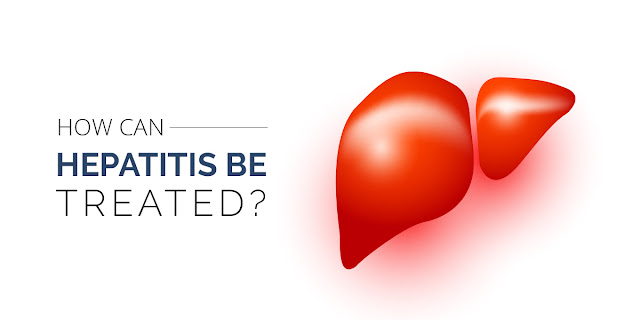How can Hepatitis Be Treated?
Hepatitis is derived from two words Hepar meaning
liver and -itis stands for inflammation. Many types of viruses can cause
Hepatitis. A, B, C, D, E
and G are labelled as viruses that cause Hepatitis and the disease is accordingly
named after the name of the virus example Hepatitis B or Hepatitis G. Consumption of alcohol,
consuming contaminated food and polluted water are additional reasons that
cause Hepatitis, however, this is mainly a disease caused by viruses and is therefore
termed as a viral disease.
In case of a weakened immune system or if you are
travelling across the world, the best way to stay protected would be through
vaccinations. Walk in to your nearest clinic and get your Hepatitis travel vaccination
before taking off to exotic destinations. Leighton Buzzard and Northampton have clinics that can guide you well
with regard to hepatitis prevention.
Hepatitis causes are varied and so is the treatment
for the various types of Hepatitis. The treatment for Hepatitis
depends on the type of virus we are dealing with. Hepatitis A has no particular
treatment other than reliving symptoms of pain, nausea and itching. The best
way to avoid suffering this viral infection is to get vaccinated after
discussing with your doctor or GP. In case of hepatitis B, antiviral medicines
are prescribed depending on the duration of infection. If it is short term
(acute), then only the symptoms are treated. In case it is long term (chronic)
then antiviral medications such as entecavir, tenofovir, lamivudine, adefovir
or telbivudine are administered. Over the counter painkillers like ibuprofen or
paracetamol can relieve the pain. If your liver is functioning properly then
Peginterferon alfa-2a is given and if not, it is not recommended.
Antiviral (DAA) tablets are used to fight Hepatitis C.
These are the safest and most effective medicines and are usually administered
based on the type of Hepatitis C one is infected with. Simeprevir, sofosbuvir
are some of the medicines that are administered to treat this disease. Delta
hepatitis or Hepatitis D only happens to those who are infected with Hepatitis
B. It is highly uncommon in the UK. There is no vaccine for Hepatitis D, but if
you are vaccinated against Hepatitis B, that should be enough.
Hepatitis E does not have a vaccine. It is usually a mild infection that lasts for a short period of time. It only gets acute with people having a compromised immune system and can last up to six months.




batikentfiziktedavi
ReplyDelete.